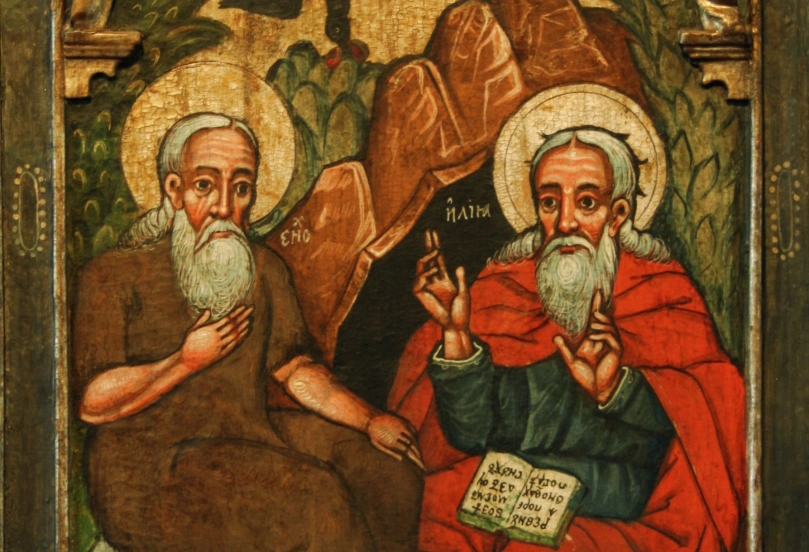The stories of Elijah and Elisha, two prominent prophets in the biblical narrative, offer profound lessons in faith, perseverance, and the transformative power of God's presence. Set against the backdrop of a spiritually arid wilderness, their journeys reveal timeless truths that resonate across cultures and generations.
I. Elijah: The Prophet of Fire and Faith
Elijah emerges in the biblical narrative during a tumultuous period in Israel's history. His name, meaning "My God is Yahweh," encapsulates the essence of his mission—to confront the idolatry that had taken root among the people. The wilderness becomes a significant stage for Elijah's encounters with God and his demonstration of unwavering faith.
II. The Challenge on Mount Carmel: A Display of Divine Power
One of the most iconic episodes in Elijah's life unfolds on Mount Carmel. In a dramatic confrontation with the prophets of Baal, Elijah challenges them to call on their gods to send fire upon a sacrifice. When their efforts prove futile, Elijah, in an act of unwavering faith, calls upon the God of Israel, who responds with a consuming fire. This event showcases the power of faith in God, even in the face of overwhelming odds.
III. The Still, Small Voice: God in the Wilderness Silence
Following the triumph on Mount Carmel, Elijah experiences a low point in the wilderness. Fleeing from the threats of Queen Jezebel, he finds himself in the solitude of the wilderness. In a cave on Mount Horeb, God manifests not in the powerful wind, earthquake, or fire, but in a still, small voice. This gentle whisper teaches Elijah that God is found not only in the extraordinary but also in the quiet moments of reflection and communion.
IV. Elisha: The Apprentice and Successor
Elisha, Elijah's chosen successor, embarks on his own journey of faith. Inheriting Elijah's mantle, Elisha demonstrates unwavering commitment to his calling. His ministry is characterized by miracles, including the parting of the Jordan River, the multiplication of oil, and the raising of the Shunammite woman's son. Elisha's life underscores the continuity of faith and the importance of passing on spiritual legacies.
V. The Healing of Naaman: Faith in Unexpected Places
One of the remarkable stories involving Elisha occurs when Naaman, a powerful commander afflicted with leprosy, seeks healing. Instead of a grand display, Elisha instructs Naaman to dip in the Jordan River seven times. Through simple obedience, Naaman experiences a miraculous cure. This narrative highlights the significance of faith expressed in humble acts and unexpected places.
VI. Lessons in Perseverance: The Widow's Oil
Another powerful lesson comes through the story of the widow who, facing insurmountable debt, seeks Elisha's help. With only a jar of oil, Elisha instructs her to pour it into empty vessels. Miraculously, the oil multiplies, providing enough to settle her debts. This narrative teaches that faith, even when resources seem scarce, can lead to abundance.
VII. Faith's Journey Through the Wilderness
The stories of Elijah and Elisha offer a rich tapestry of faith woven through the wilderness of life. Elijah's fiery confrontations and Elisha's quiet miracles illustrate that faith is versatile—it thrives in the grand gestures and the quiet moments of obedience. Their narratives remind us that the wilderness is not just a place of trial but also a space where God reveals Himself in unexpected ways.
In the intricate interplay of triumphs and challenges, the prophets' journeys underscore that faith is not a destination but a continuous journey. It is a journey through the wilderness—a journey where the still, small voice of God beckons, and where acts of obedience, no matter how small, can lead to transformative outcomes. As we navigate our own spiritual wilderness, the stories of Elijah and Elisha invite us to embrace faith as a dynamic force that sustains us through life's diverse landscapes.




